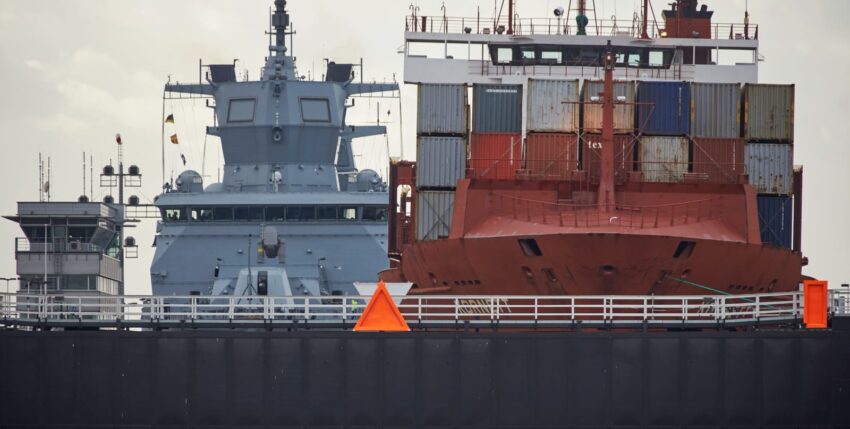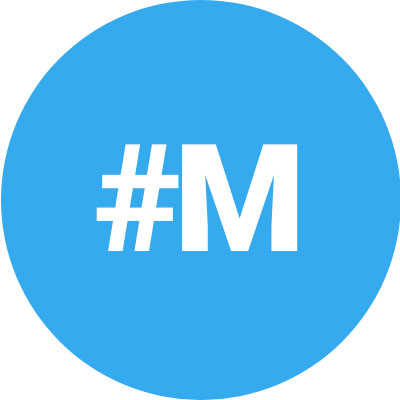On 11 November, the daily newspaper Die Welt published an interview with Herbert Aly, Managing Director of the long-established Blohm+Voss shipyard, in its local Hamburg section. Some passages caught our attention as they emphasise the changed conditions for German shipbuilding in general:
"At the beginning of 2012, the ThyssenKrupp Group sold the traditional Hamburg shipyard Blohm+Voss to the British financial investor Star Capital Partners. The company, which was the most important centre of global shipbuilding at the beginning of the 20th century, then went quiet. The management team led by long-time Blohm+Voss manager Herbert Aly, 55, is now positioning the shipyard in the highly competitive international market with ambitious conversion projects and new ideas for superyachts.
[...]
The world: From the outside, Blohm+Voss' business is difficult to understand. Both naval shipbuilding and yacht building are highly secretive. Can you explain to us how the shipyard works today?
AlyThe realisation of large, complex conversion projects has recently become increasingly important for us. The "EnQuest Producer" - effectively a floating refinery and floating intermediate storage facility that is used in oil fields in the North Sea - was thoroughly modernised by us for the next 15-year operating period as part of a 'life-time extension'. It has characterised the image of the shipyard towards the city for more than a year. There are around 30 such and similar ships in the North Sea alone. This is an important business segment for us.
The worldWhat role do cruise ships play for Blohm+Voss, which regularly dock at the shipyard, including the "Queen Mary 2"?
AlyHamburg wants to significantly expand its cruise business and build a third terminal for this purpose. A few weeks ago, the shipping company Aida Cruises announced that it will be sailing weekly and year-round from Hamburg from 2015. More and more cruise ships on the Elbe is a very good development for us. All these ships need to be regularly overhauled and given a new class - the 'ship MOT'. We have the facilities and the expertise to do this.
The worldHow is Blohm+Voss sharpening its profile at a time of increasingly fierce competition in international shipbuilding?
AlyThree segments are important to us: ships for the offshore oil and gas industry, cruise ships and yachts. The three segments are market niches in which customers honour the quality of 'Made in Germany' - problem-solving expertise, quality of execution and punctuality. We try to operate as flexibly as possible between the new construction and repair business areas in order to fulfil the orders on time and with the highest quality. Adherence to deadlines and top quality have always been the strengths of Blohm+Voss. [...]"
"2014 will be a decisive year for Blohm+Voss", Die Welt 11 November 2013
We would like to emphasise that the production of classic ship hulls no longer plays a role for Blohm+Voss, as this market is served faster and more cheaply by South East Asia - and South Korea in particular. German shipyards, on the other hand, are increasingly focusing on niches and specialisation - individual solutions for the maritime industry and naval forces require high-tech expertise and classic virtues that are also expected of "Made in Germany" in the international shipbuilding market.
In principle, German shipbuilding is thus following a fundamental global trend of recent years - the world's mass production has shifted to Asia, while Western countries are mainly able to maintain their high-priced premium segment. Furthermore, the overhaul, repair and qualification segment has become increasingly important - if you are no longer building the ships yourself, you are at least earning money from servicing the other ships.









One Response
Many people, including those on the coast, have not yet realised that Germany, a high-price country, can only be successful in technically complex market niches. Thinking in terms of tonnage is a thing of the past! Incidentally, this also applies to naval shipbuilding. The German niche is clearly under water, says Fleet